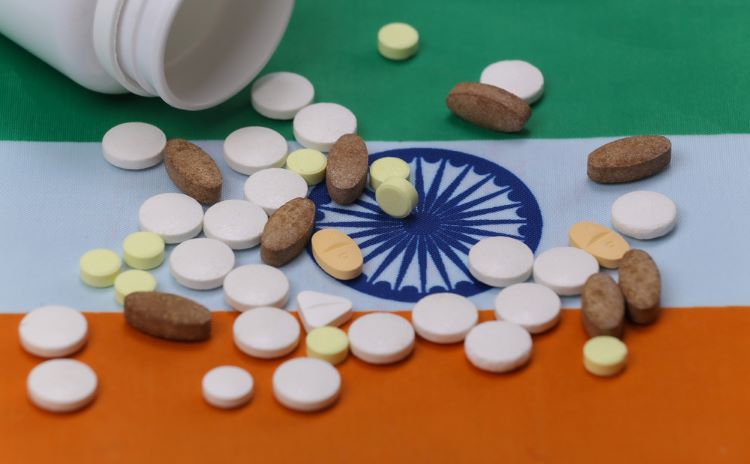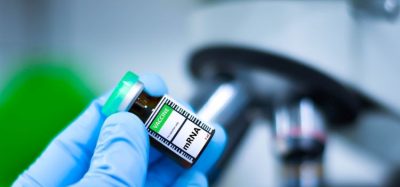India joins mission to harmonise pharmacopoeial standards
Posted: 6 October 2023 | Catherine Eckford (European Pharmaceutical Review) | No comments yet
As a “major manufacturer of the world’s medicines”, the Indian Pharmacopoeia Commission (IPC) has joined the Pharmacopoeial Discussion Group (PDG) to contribute to the harmonisation of quality standards.


The Indian Pharmacopoeia Commission (IPC) is now a member the Pharmacopoeial Discussion Group (PDG). As the Indian pharmaceutical industry is “a major manufacturer of the world’s medicines,” Jaap Venema, PhD, Executive Vice President and Chief Science Officer for USP declared. Inclusion of the IPC in the discussion group is a “milestone” in expanding recognition of harmonised pharmacopoeial standards, Cathie Vielle, Secretary to the European Pharmacopoeia Commission added.
The PDG was established by the European Pharmacopoeia (Ph. Eur.), Japanese Pharmacopoeia (JP), and the US Pharmacopeia (USP) in 1989.
Rajeev Singh Raghuvanshi, PhD, Secretary-cum-Scientific Director of IPC addressed its new membership: “Since becoming PDG’s pilot for expansion to its membership in October 2022, IPC has participated in PDG meetings and technical discussions, and submitted implementation timelines for various PDG standards… we [now] look forward to continuing to work to advance standards convergence around the world.”
IPC – working to address the global quality of pharmaceutical medicines
Worldwide, numerous pharmaceutical manufacturers and regulatory agencies use the same standards to test for characteristics such as [a medicine’s] identity, purity, potency and performance, according to the European Directorate for the Quality of Medicines & HealthCare (EDQM). Thus, a key aim for the PDG is to harmonise select pharmacopoeial standards.
India’s membership is “the latest step in the USP’s and PDG’s commitment to expand access to PDG quality standards by approximately 1.3 billion people,” Venema continued.
According to the PDG, in recent years it has addressed emerging drug quality issues such as the potential for impurities and reaching consensus on harmonisation of select pharmacopoeial standards. This has included standards for chromatography and dynamic light scattering to help ensure medical product quality.
EDQM highlighted that future priorities for the PDG include harmonising standards for elemental impurities and excipients, eg, polysorbate 20, purified water and water for injection. Additionally, the group will work to modernise a “significant” quantity of already harmonised general methods and excipient monographs.
Related topics
Biopharmaceuticals, Drug Development, Drug Manufacturing, Drug Safety, Impurities, Industry Insight, Manufacturing, QA/QC, Regulation & Legislation, Research & Development (R&D), Therapeutics
Related organisations
European Pharmacopoeia (Ph. Eur.), Indian Pharmacopoeia Commission (IPC), Japanese Pharmacopoeia, The United States Pharmacopeia (USP)









